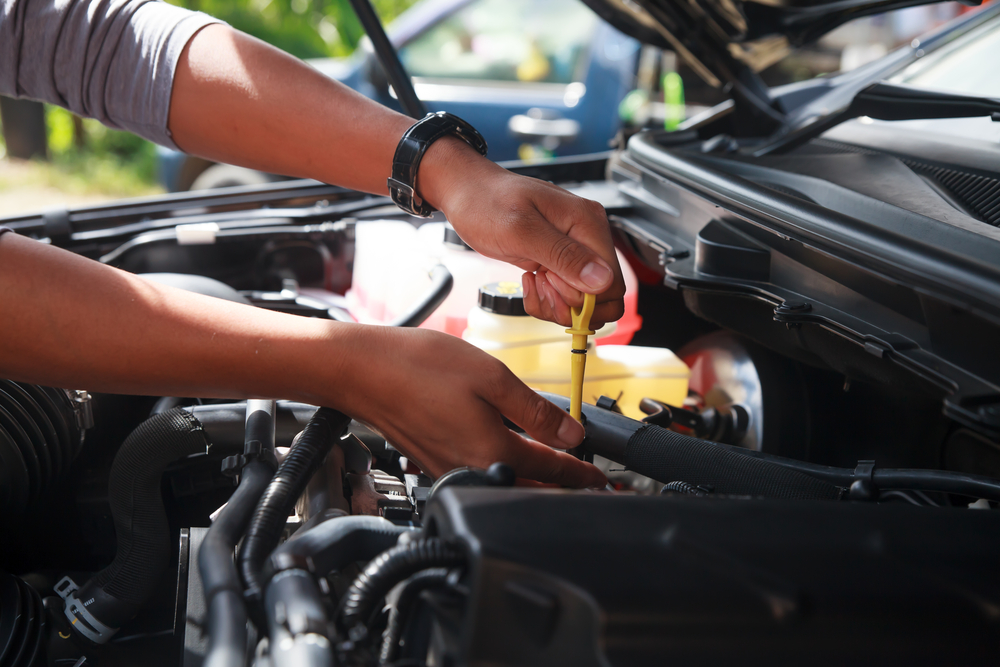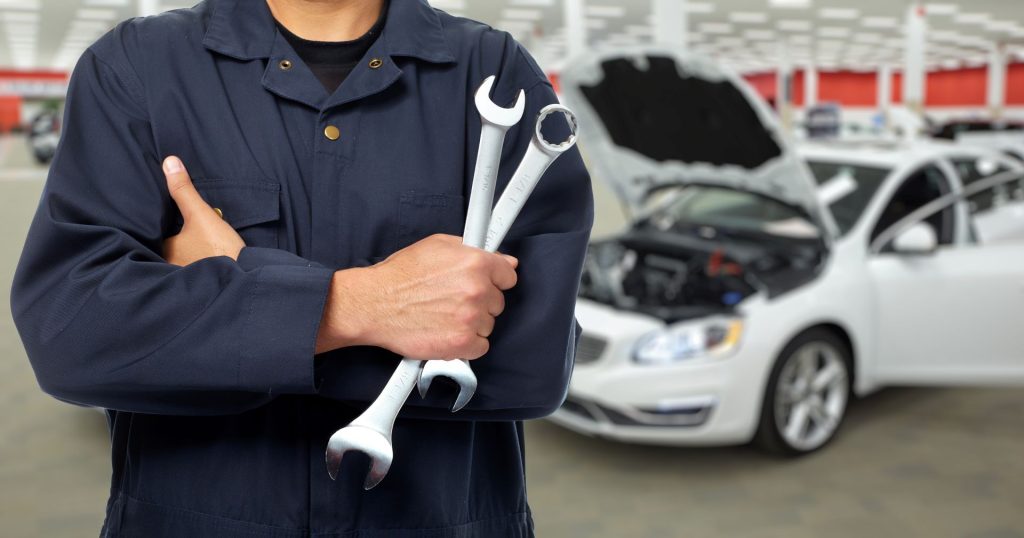Every car comes with an owner’s manual that includes a maintenance schedule. This schedule is designed by the manufacturer to guide you on how to properly maintain your car. It specifies when to carry out necessary services such as oil changes, brake checks, and more. Following this schedule is essential because it is tailored to your car’s specific model and components, ensuring that you address issues at the right time. By sticking to the recommended intervals for maintenance, you can prevent unexpected breakdowns and costly repairs.
Fix Problems as Soon as They Arise
Regularly monitoring your car for any signs of issues is important for preventing major repairs. Small problems can often be overlooked, but if left unchecked, they can escalate into much bigger and more expensive problems. Immediate attention to minor issues, such as unusual sounds, warning lights, or performance changes, can save you from incurring hefty repair costs later on. Additionally, unresolved problems can pose serious safety risks to you and your passengers, making prompt attention crucial.

Change Filters, Fluids, Spark Plugs as per the Manufacturer’s Recommendations
Changing essential parts like filters, fluids, and spark plugs as per the manufacturer’s recommendations is key to keeping your car running smoothly. While skipping these changes might seem like a money-saving strategy, it can lead to long-term damage that ends up costing more in repairs. Regular fluid changes, filter replacements, and spark plug maintenance help optimize engine performance and fuel efficiency. By adhering to the recommended maintenance schedule, you ensure the longevity of your vehicle and avoid unnecessary repair bills.
Inflate Tires Properly
Maintaining proper tire pressure is one of the simplest yet most important aspects of car maintenance. Overinflated or underinflated tires can cause uneven wear, reduced fuel efficiency, and increase the risk of tire blowouts. It’s important to check your tire pressure regularly and adjust it according to the manufacturer’s specifications. Keeping your tires properly inflated will not only ensure your safety on the road but also extend the life of your tires and prevent costly replacements.
Use Synthetic Oil
Upgrading to synthetic oil can have a significant impact on the performance and longevity of your vehicle. While traditional motor oil may seem sufficient, synthetic oil offers better protection against engine wear, improves fuel efficiency, and reduces the risk of common engine problems. Mechanics often recommend using synthetic oil to prevent overheating and reduce the frequency of oil changes. Investing in high-quality oil will protect your engine and enhance your car’s performance, ultimately saving you money on repairs.
Unusual Noises
Unusual sounds coming from your car should never be ignored, as they often signal a mechanical issue that needs attention. If you hear noises such as grinding, squealing, or knocking, it’s important to consult the owner’s manual to determine whether they are normal or indicate a problem. Persistent or worsening noises should be addressed by a professional mechanic, who can identify and fix the issue before it leads to more serious damage. Regularly visiting a qualified auto repair shop ensures that small issues are dealt with promptly, saving you from expensive repairs down the line.

